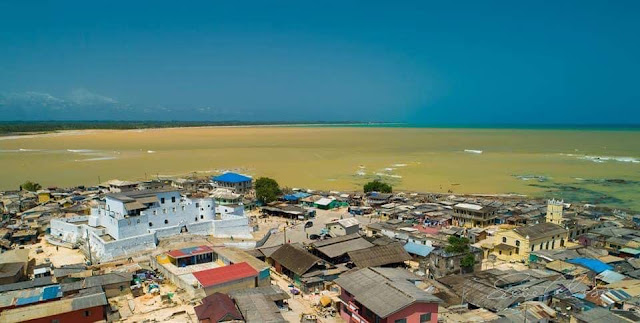

The Technical University Teachers Association of Ghana (TUTAG) has declared strike action to call the government to act against illegal mining (galamsey).
This follows the University Teachers Association of Ghana (UTAG)'s announcement on Wednesday, October 9, 2024 to proceed with industrial action against the same issue.
In a release dated October 10, 2024, TUTAG stated its unwavering commitment to combatting illegal mining and protecting the environment for future generations. The association affirmed solidarity with all unions and bodies taking action through strikes and demonstrations.
At an Emergency Congress held on Thursday, October 10, 2024, TUTAG has resolved to embark on a strike action, the statement said. We are initiating the necessary processes under the Labour Act to invoke our right to strike, and we will soon join the call for action, the statement indicated.
Demands of TUTAG from the government
TUTAG demands that the government recall Parliament and immediately revoke Legislative Instrument (LI) 2462, which governs the granting of mining licenses, particularly in environmentally sensitive areas. They further demand the following actions:
Halt the issuance of new licenses and withdraw all licenses granted for prospecting and mining in forest reserves and areas around water bodies.
Ban all mining activities in forest reserves and areas around water bodies and declare a state of emergency in those areas.
Recall all licenses for small-scale mining and initiate a broader bipartisan stakeholder consultation for sustainable small-scale mining in Ghana.
Initiate processes for the reclamation of lands destroyed by small-scale mining and galamsey activities.
Increase budget allocation to the Ghana Water Company to ensure a better and sustainable water supply for all citizens.
All political parties must sign a national pact to ensure the sustainability of measures implemented to resolve the galamsey menace and the associated environmental challenges, guaranteeing long-term commitment beyond party lines.
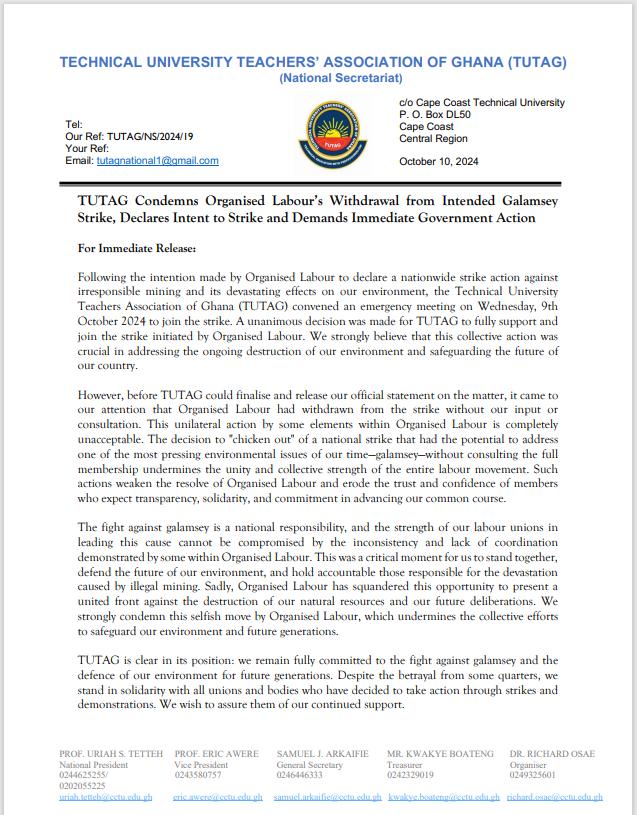
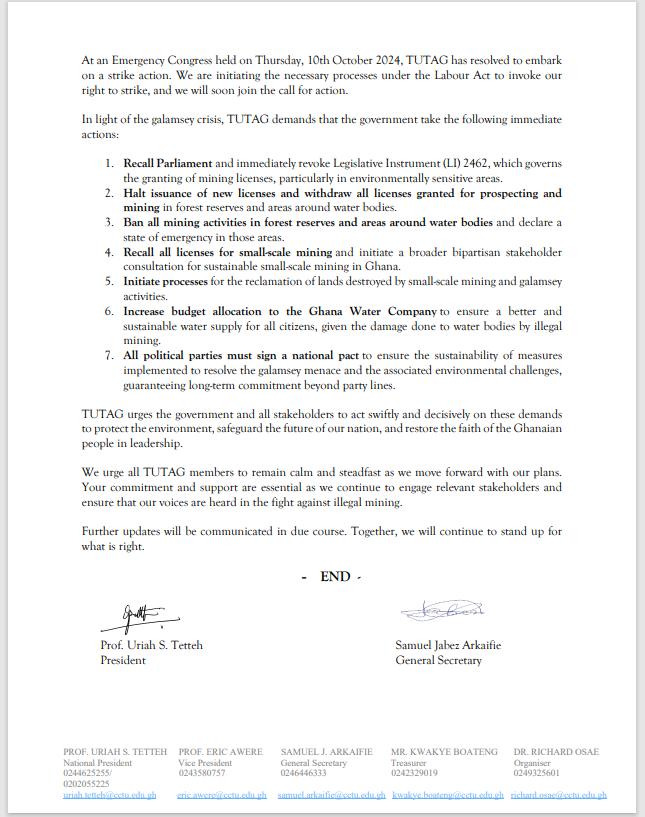
Calls to ban illegal mining
Illegal mining, often referred to as galamsey in Ghana, has been a significant issue for many years, causing extensive environmental damage and posing serious risks to public health and safety.

The practice has led to the destruction of vast tracts of forest land, contamination of water bodies, and degradation of agricultural lands, severely impacting local communities and ecosystems.
The Ghanaian government has made several attempts to combat illegal mining. In 2017, the government imposed an indefinite ban on small-scale mining activities to address the rampant illegal mining problem. This move was part of a broader strategy to regulate the mining sector and protect the environment.

However, the ban faced resistance from registered small-scale miners who argued that it unfairly affected their livelihoods.
Despite these efforts, illegal mining has persisted, often due to corruption and lack of enforcement.
The environmental impact of illegal mining has been profound. Rivers such as the Pra, Tano, and Ankobra have been heavily polluted, affecting the Ghana Water Company’s ability to provide clean water. The destruction of forests and farmlands has also threatened food security and biodiversity.
In response to these challenges, there have been increasing calls for more stringent measures to combat illegal mining. Environmental activists, community leaders, and various stakeholders have urged the government to take decisive action to protect the environment and ensure sustainable mining practices.
Read Full Story
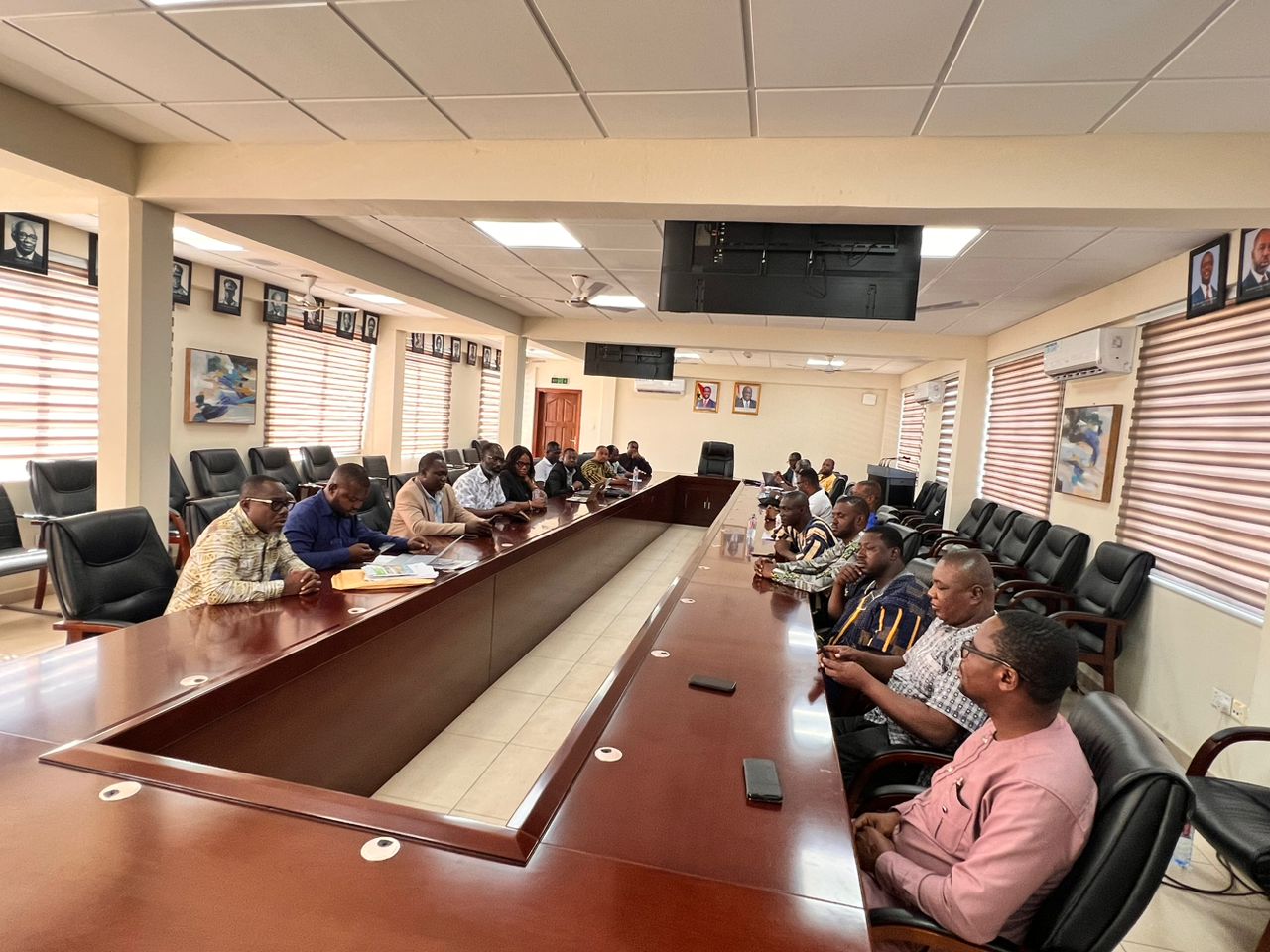



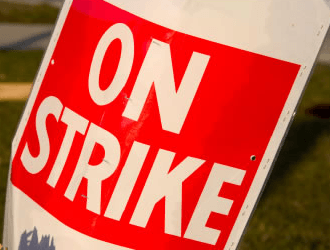
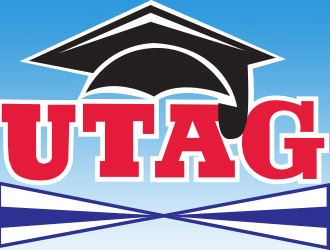

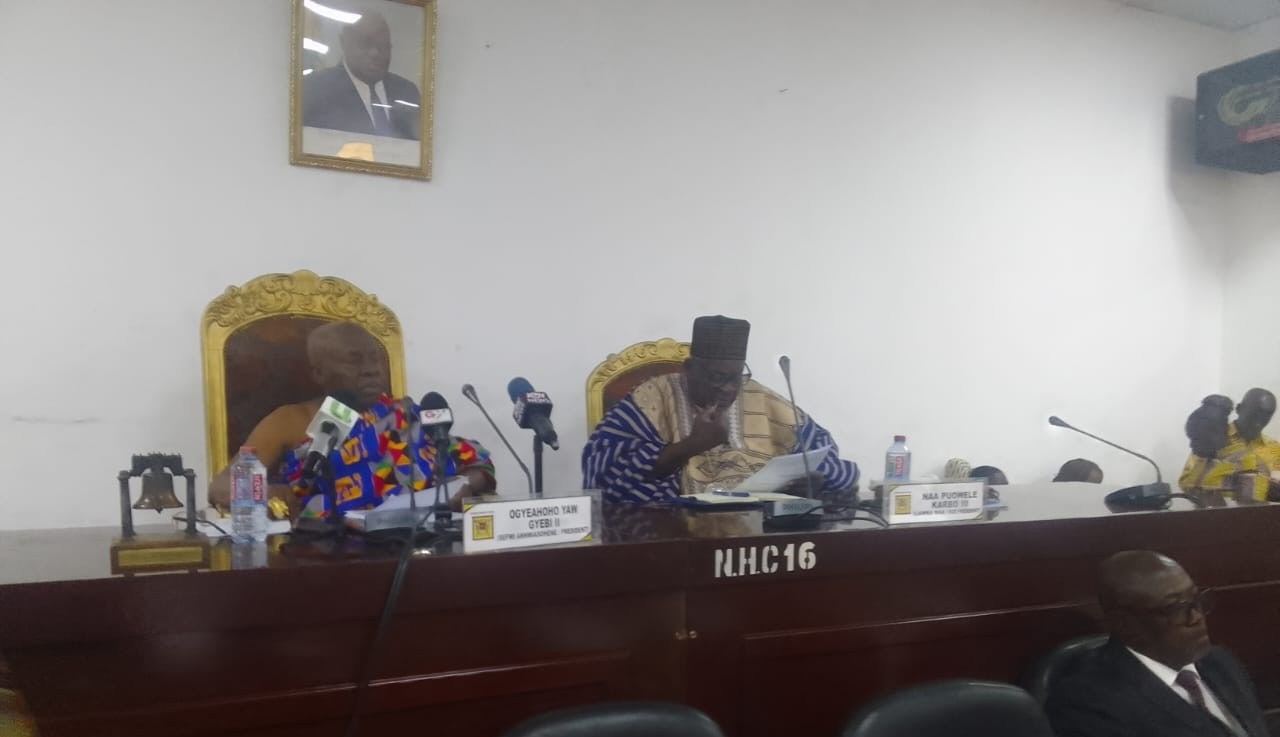



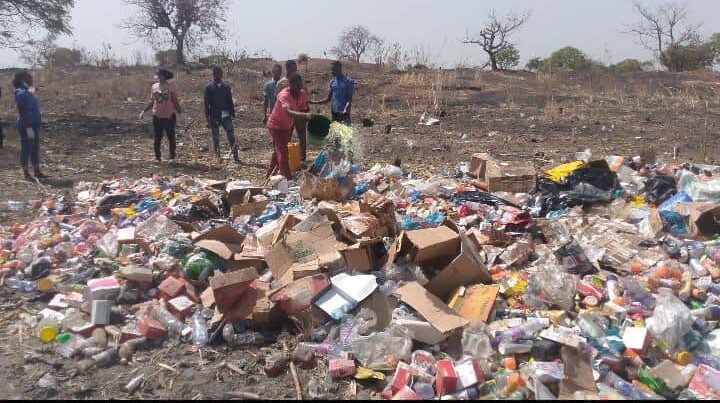

Facebook
Twitter
Pinterest
Instagram
Google+
YouTube
LinkedIn
RSS